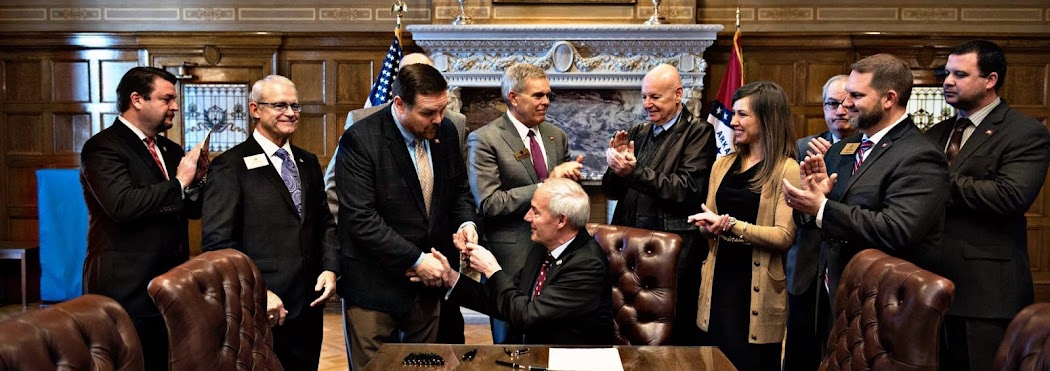In a groundbreaking ruling today, the Supreme Court delivered a resounding victory for freedom of speech and individual conscience in the case of 303 Creative v. Elenis. The court, in a decisive 6-3 ruling, held that the government cannot compel Americans to express messages that they do not believe in, marking a significant win for all Americans who value their right to express their thoughts and beliefs freely.
At the heart of the case was an attempt by the state
of Colorado to force an individual, Lorie Smith, to speak in ways that directly
contradicted her deeply held beliefs. The Court, recognizing the fundamental
importance of the First Amendment, stood firmly against such government
coercion, affirming the rights of individuals to maintain their own
convictions, even when they clash with prevailing viewpoints.
Writing for the majority, Justice Neil Gorsuch
eloquently stated, “this Court has long held, the opportunity to think for
ourselves and to express those thoughts freely is among our most cherished
liberties and part of what keeps our Republic strong.” These words remind us
that the freedom to think independently and express our ideas openly is a
cornerstone of the American Experiment.
Justice Gorsuch went on to acknowledge that upholding
the Constitution’s commitment to freedom of speech inevitably means
encountering ideas that may be “unattractive,” “misguided,” or even “hurtful.”
However, he emphasized that it is the virtue of tolerance, not coercion, that
defines our nation’s response to such ideas. The First Amendment, as Justice
Gorsuch highlighted, envisions the United States as a diverse and multifaceted
society, where every individual is free to think and speak according to their
own conscience, rather than being dictated by the government’s demands.
The Supreme Court’s ruling in 303 Creative v.
Elenis underscores the importance of safeguarding the rights of individuals
to express their beliefs, particularly when those beliefs clash with prevailing
norms or government-imposed viewpoints. It establishes a clear precedent that
the government cannot compel speech or force individuals to endorse messages
that run contrary to their deeply held convictions.
This landmark decision serves as a reminder that
freedom of speech is not only about protecting popular opinions or comfortable
ideas; it is about upholding the principle that every person should have the
liberty to express their thoughts, even when they diverge from the mainstream.
It ensures that our nation remains a haven for diversity of thought, fostering
robust public discourse and allowing for the free exchange of ideas that are
crucial for the progress and vitality of a democratic society.
Lorie Smith’s victory in this case is not just a win
for her as an individual, or her business; it is a win for all Americans who
cherish their right to express their thoughts and beliefs freely. The Supreme
Court’s recognition of the inherent value of individual conscience and its
commitment to protecting the freedom of speech is a triumph that reverberates
throughout the nation, reaffirming our collective dedication to the principles
upon which our republic was founded.
In celebrating this ruling, we must also remain vigilant in safeguarding our fundamental rights and continue to champion the principles of free expression and individual conscience. This Court has once again demonstrated that it sees itself as a guardian of our constitutional freedoms, but it is now our duty as citizens to ensure that these rights are protected and upheld for generations to come.

